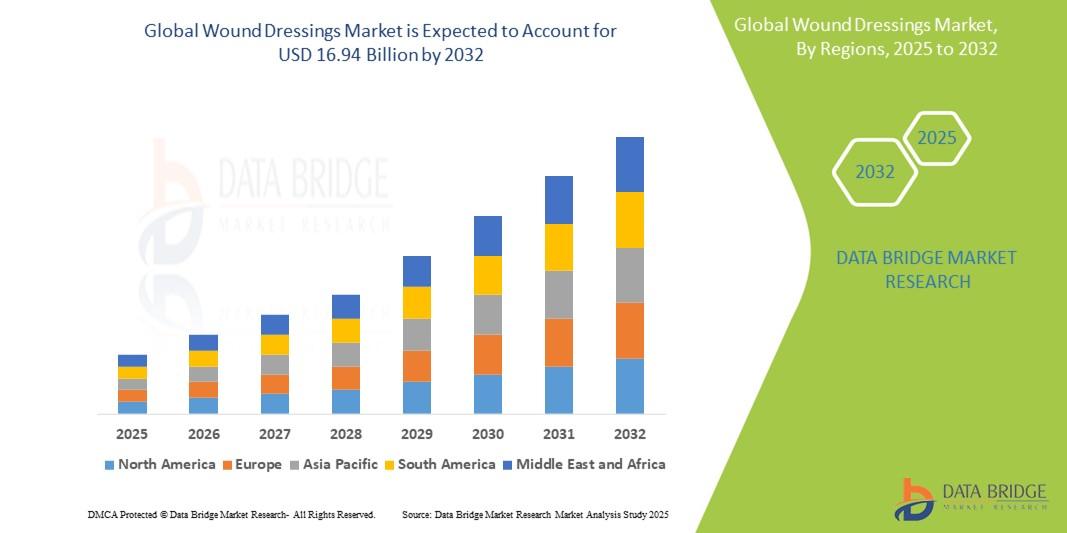Monetizing the Journey: A Look at Travel Technology Revenue Models

The generation of Travel Technology revenue is built on a diverse set of transactional, subscription, and service-based business models that monetize the flow of information and bookings across the global travel industry. As the market continues its steady and reliable growth, with its valuation projected to climb from its current base to $25.18 billion by 2035, the ways in which vendors capture value are well-established and highly profitable for the leading players. This financial growth, which is forecast to advance at a compound annual growth rate of 5.28% between 2025 and 2035, is derived from a combination of per-booking transaction fees, recurring software subscription fees, and high-value professional services, creating a robust and multi-layered economic foundation.
The primary and most significant revenue stream for the major players in the travel technology industry, particularly the Global Distribution Systems (GDS), is a transaction-based fee model. For every single flight segment or hotel night that is booked by a travel agent through the GDS platform, the GDS provider charges the travel supplier (the airline or hotel) a booking fee. While the fee for a single booking may be just a few dollars, when multiplied by the hundreds of millions of bookings that are processed through these systems each year, it aggregates into a massive, multi-billion-dollar revenue stream. This transactional model directly aligns the GDS's revenue with the volume of travel being booked, making it a highly scalable and powerful business model.
A second major revenue model in the industry is the recurring subscription or licensing fee for enterprise software. This is the primary model for the providers of the core IT systems for airlines and hotels. An airline will pay a massive annual license or subscription fee for the use of its Passenger Service System (PSS), which is the mission-critical software that runs its entire operation. Similarly, a hotel chain will pay a recurring fee for its Property Management System (PMS) and its Central Reservation System (CRS). These are high-value, enterprise-wide software contracts that provide a stable and predictable source of recurring revenue for the technology vendors, forming another major pillar of the industry's financial structure.
Beyond these two core models, travel technology companies also generate significant revenue from professional services and data sales. Implementing a new PSS for an airline or a new PMS for a large hotel chain is a major, multi-year IT project that involves a huge amount of custom integration and data migration work. The technology vendors and their consulting partners charge substantial fees for these professional services. Furthermore, the vast amounts of booking and pricing data that flow through these systems are an incredibly valuable asset. The leading technology providers can anonymize and aggregate this data to create market intelligence and data analytics products, which they then sell to airlines, hotels, and other travel industry stakeholders, creating a new, high-margin revenue stream.
Explore Our Latest Trending Reports:




